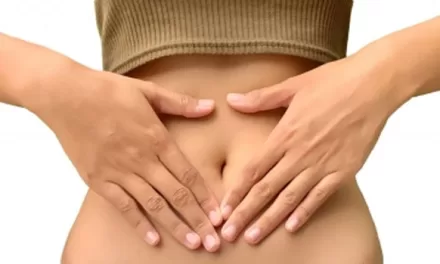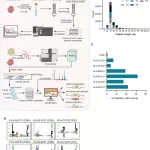As the World Health Organization (WHO) commemorates its founding anniversary, it issues a clarion call to nations worldwide, urging concerted action to safeguard the fundamental right to health. In observance of World Health Day on April 7, WHO launches the “My health, my right” campaign, championing universal access to quality health services, education, and information for all individuals, regardless of their socioeconomic status or circumstances.
The campaign underscores the imperative of ensuring equitable access to essential health services, alongside other basic necessities such as safe drinking water, clean air, and quality housing. It confronts head-on the pervasive challenges of political inaction, discrimination, and stigma, which continue to undermine efforts to uphold the right to health, particularly among marginalized and vulnerable populations.
Dr. Tedros Adhanom Ghebreyesus, Director-General of WHO, emphasizes that realizing the right to health necessitates robust legislative frameworks, governmental investments, and accountability measures. He stresses the pivotal role of political will in driving progress, citing success stories from countries that have prioritized health service coverage and mitigated catastrophic health spending.
The statistics are sobering: in 2021, over half of the global population lacked access to essential health services, rendering them susceptible to diseases and disasters. Alarmingly, approximately 2 billion individuals grappled with financial hardship due to healthcare costs, exacerbating economic disparities and perpetuating cycles of poverty.
To bridge these gaps, WHO advocates for substantial investments to bolster primary healthcare systems, with an estimated annual global investment of US$ 200–328 billion required to achieve comprehensive coverage. Moreover, WHO underscores the interconnectedness of health rights with other fundamental rights, urging governments to integrate human rights principles into health policies and programs.
On this World Health Day and beyond, WHO implores governments to prioritize transparent governance, community engagement, and cross-sectoral collaboration to advance health equity. It underscores the pivotal role of grassroots activism and civil society advocacy in holding governments accountable and dismantling barriers to healthcare access.
As individuals and communities mobilize to defend their health rights, WHO underscores the importance of informed participation, zero discrimination, and autonomy in healthcare decision-making. The “My health, my right” campaign serves as a clarion call to action, rallying stakeholders worldwide to uphold the intrinsic dignity and well-being of every individual, irrespective of their circumstances.










